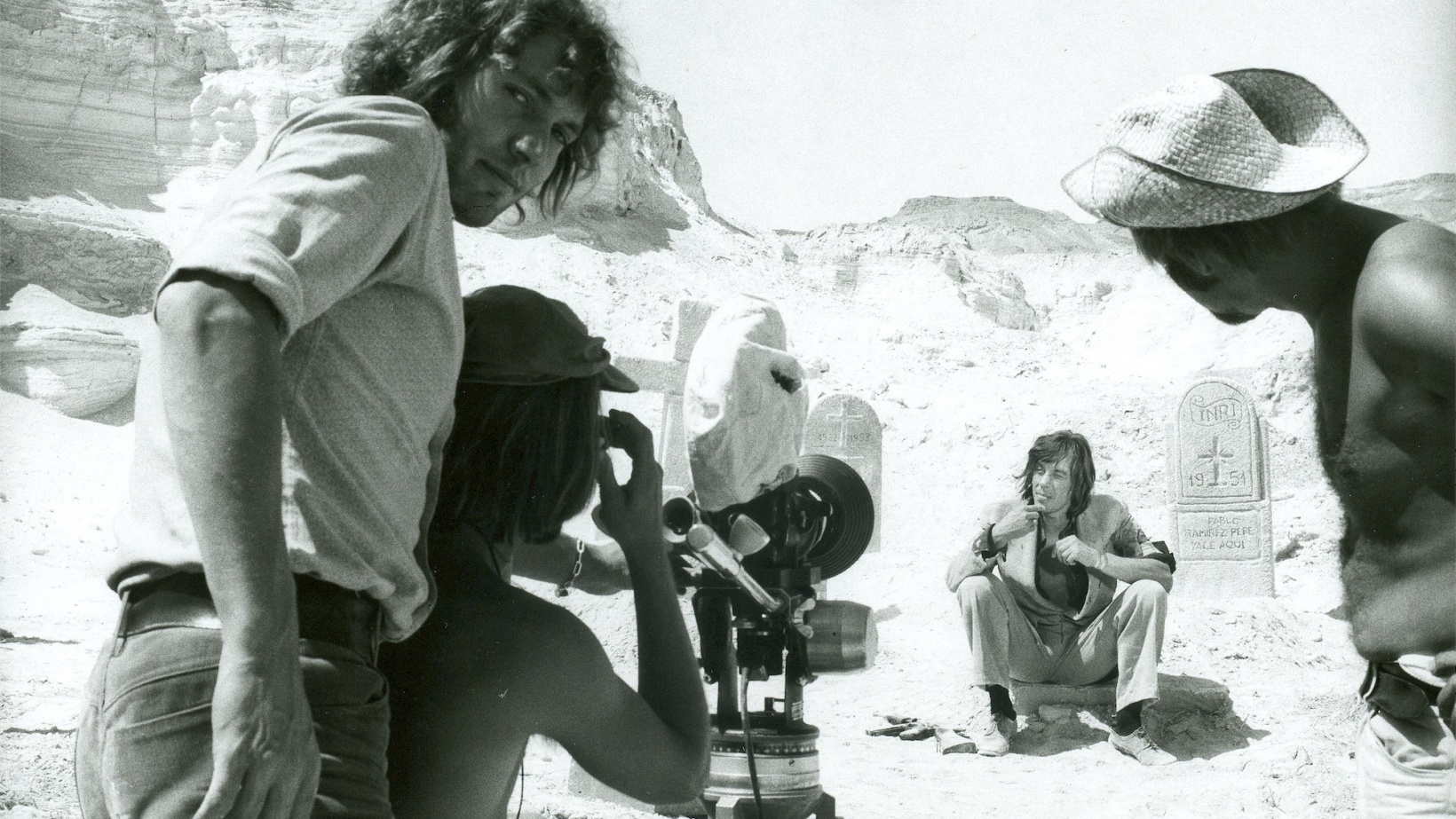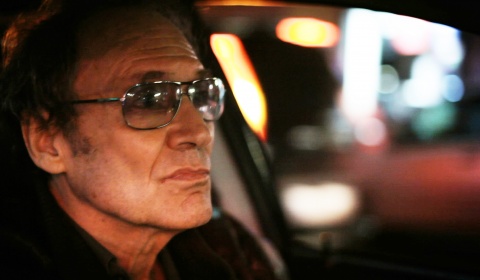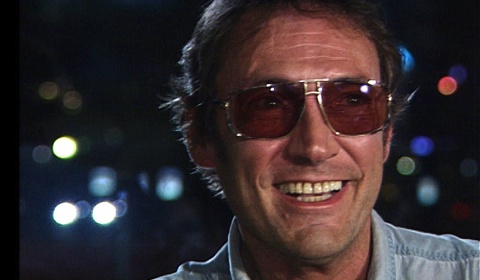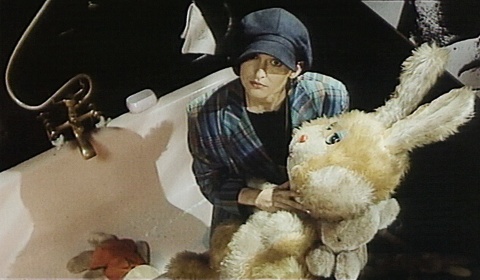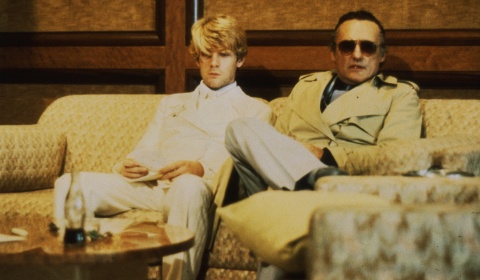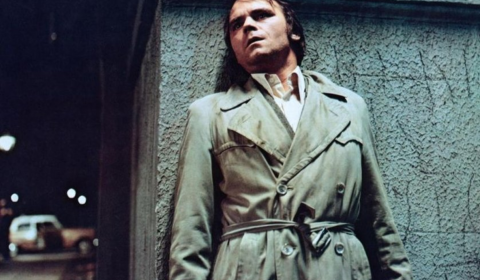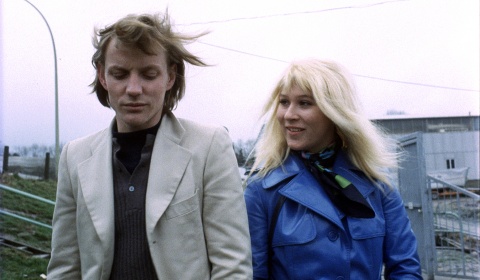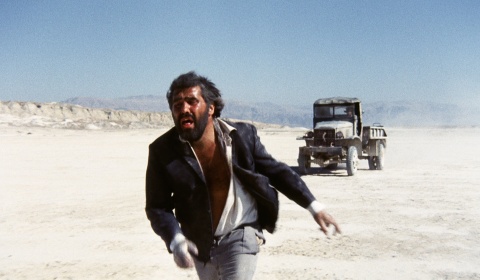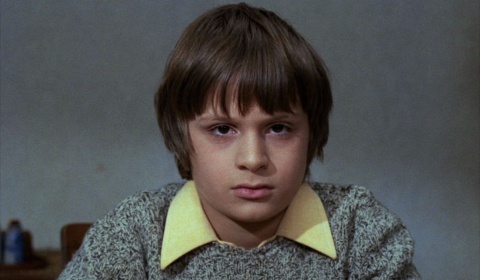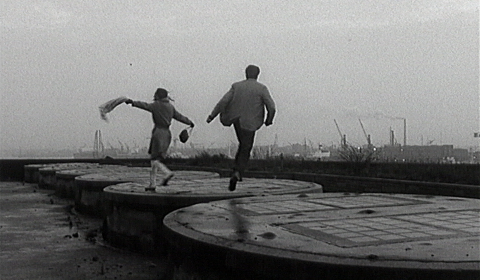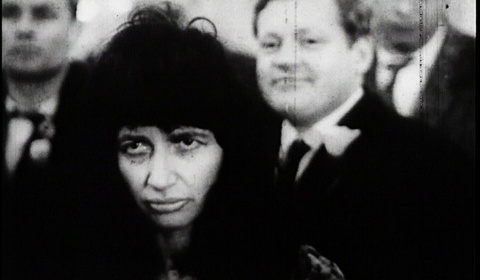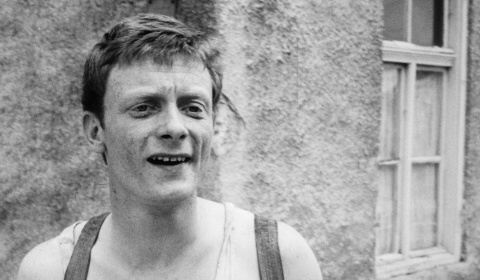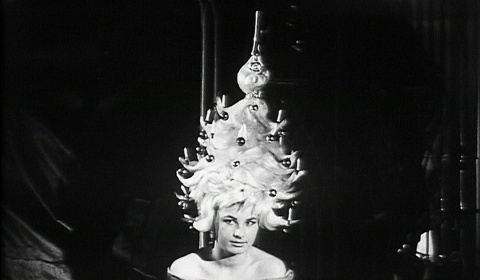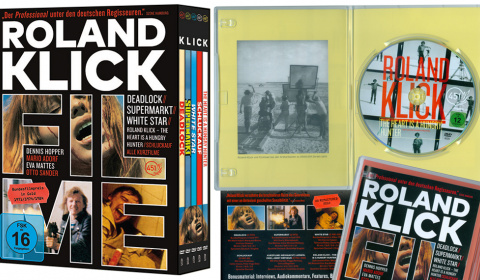Roland Klick was born in Hof, Saale on the 4th of July, 1939. He spent his childhood in Neumünster, a small town in the German province of Schleswig-Holstein. Before turning to film, Klick made a name for himself as a jazz musician and painter. Later on, he studied theatre for eight semesters and was subsequently enrolled at the German Institute for Film and Television. During that time, Klick began to write his first screenplays and worked as a cinematographer for the documentary feature MÜNCHEN - TAGEBUCH EINES STUDENTEN by Rolf Schünzel. In 1962, Roland Klick started making short films: CHRISTMAS (1962), LUDWIG (1964) and TWO (1965), all of which won prizes at film festivals (Mannheim, Krakau, Tours). During the production of his first feature film JIMMY ORPHEUS (1966), the production company Atlas went bankrupt. Using the material he had already shot, Klick produced an hour-long version of his film that consisted mainly of the artistic impressions of a drifter on his nightly journey through strip clubs. Searching for an Italian co-producer for his film DEADLOCK, Klick travelled to Rome and started collaborating with Federico Fellini, with whom he prepared SATYRICON for several months. While in Rome, a newspaper article inspired Klick to start work on his debut feature film BÜBCHEN (1968). The film is a subtle psychological study of an 11-year-old boy who kills his sister. Even after the boy gets help from his father to cover all tracks, the film doesn’t reveal whether this gruesome death was an accident or a deliberate murder. Shortly after the birth of his son Alexander, Roland Klick’s wife Marlis died in a car crash. Klick tried to compensate for his loss with work, and began shooting DEADLOCK (1970) in the Israeli desert shortly thereafter. Klick’s allegory of the End of Days was influenced both by spaghetti westerns and the 1970s drug culture, and was produced at his own financial risk. DEADLOCK was a critically-acclaimed box-office hit, garnering Roland Klick his first German Film Award. His next film was SUPERMARKET (1974), the mesmerising tale of the hopeless fight for survival in the city jungle, which led to Klick’s second German Film Award. Looking for stories that would attract a big audience, Klick adapted a novel by Johannes Mario Simmel: LIEB VATERLAND, MAGST RUHIG SEIN (1975). In 1979, Roland Klick won his third German Film Award for the documentary DERBY FEVER, USA. This brilliant account of the popular American horse races and the media hype they created was co-produced by Bayerischer Rundfunk. Subsequently, Klick planned to adapt the bestseller CHRISTIANE F. – WE CHILDREN FROM BAHNHOF ZOO for the big screen. After numerous script drafts and continuous struggles with the production company, Klick finally abandoned the project and began preparations for WHITE STAR, which, like DEADLOCK and SUPERMARKET, was to be self-produced. WHITE STAR is set in Berlin’s music scene of the time, and stars Dennis Hopper in the lead role. It was made in 1981/82, premiered 1983 at the Hof International Film Festival and won Roland Klick his fourth German Film Award. WHITE STAR was followed by the comedy HICCUP about a young female villager who gets stranded in Berlin. Severe fights with the producers and the German Federal Film Board caused the film to remain unreleased. After that, Roland Klick withdrew from the film business completely. He started to travel through South-East Asia and South America and lived on the west coast of Ireland for many years. Since then he has worked as a lecturer at several German film schools, on numerous essays on film theory and a novel.
